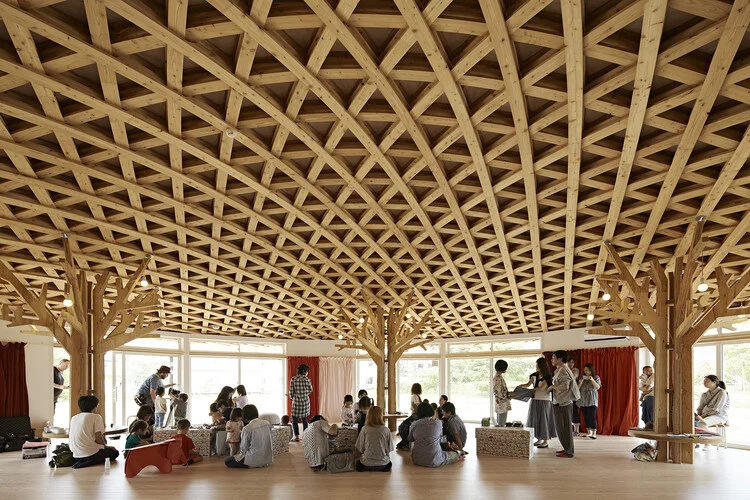‘Metabolism: Utopian Urbanism and the Japanese Modern Architecture Movement’
‘Metabolism: Utopian Urbanism and the Japanese Modern Architecture Movement’
Tomoko Tamari
Published in Body & Society 2014, Volume 31, Issue 7-8
Abstract
The Fukushima catastrophe has led to important practical and conceptual shifts in contemporary Japanese architecture which in turn has led to a re-evaluation of the influential 1960s Japanese modern architecture movement, Metabolism. The Metabolists had the ambition to create a new Japanese society through techno-utopian city planning. The new generation of Japanese architects, after the Fukushima event, no longer seek evolutionally social change; rather, the disaster has made them re-consider what architecture is and what architects can do for people who had everything snatched from them by technology (nuclear power station) and nature (earthquake and tsunami). Drawing on the architectural projects of Kenzō Tange and Metabolists in the 1960s and Toyo Ito’s ‘Home-for-All project’ in 2011, the paper explores this major paradigm shift in Japanese architectural theory and practices.


